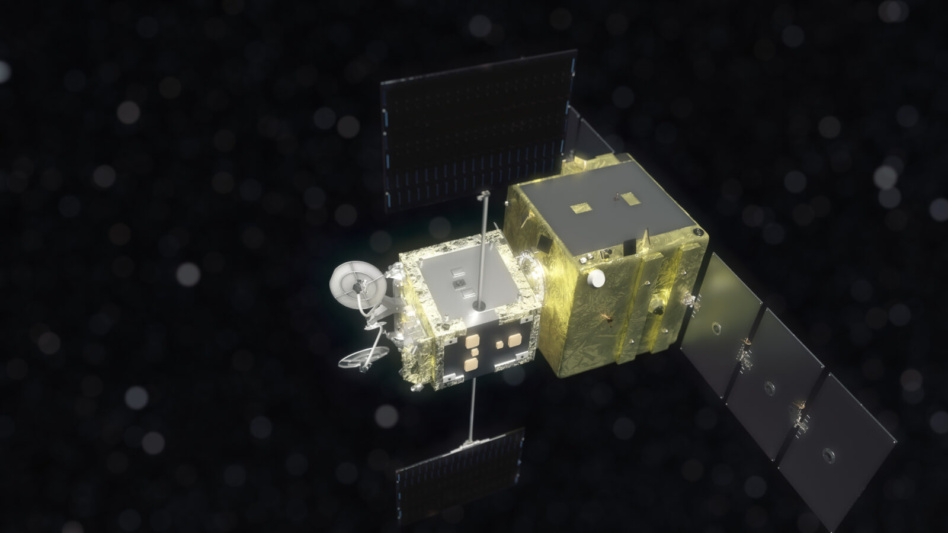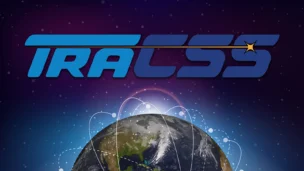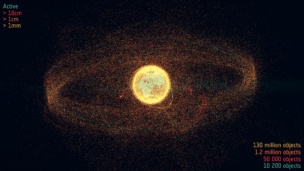Astroscale’s space vacuum is getting a boost.
The company is partnering with space software startup Wind River to provide the on-board computer for ELSA-M, a mission to remove multiple pieces of debris from orbit, according to a joint announcement Wednesday.
“Our ELSA-M service strives to solve satellite operators’ end-of-life disposal challenges,” Stephen Wokes, director of engineering at Astroscale, said in a statement. “With increasing regulatory, industry, and public pressure to prioritize space sustainability, Astroscale’s ELSA-M service presents a proactive way for satellite operators to protect the orbital environment and the services that they offer.”
ELSA’s brain: Wind River, which has spent the last 25+ years working with NASA and other space companies, announced its VxWorks operating system would be deployed in Astroscale’s ELSA-M Servicer Spacecraft.
Since the ELSA-M requires extreme precision to pluck space debris out of orbit, the robotic spacecraft requires a platform that is driven by an intelligent, real-time computer vision processing system that can navigate all the gray matter floating around in space and determine what is human-made.
The big deal: Governments, space agencies, and public interest groups are advocating for acting ASAP to reduce space pollution, such as abandoned satellites. More than 27,000 pieces of what essentially amounts to trash are orbiting Earth, per NASA.
This floating solar system of metal chunks could make it harder for future space missions to navigate the universe. But deploying something to space is already expensive—nobody wants to spend the extra money tidying up their mess.
What next?: Astroscale will put VxWorks and ELSA-M to the test in 2025. The spacecraft is aiming to pick up and deorbit an inactive OneWeb comms satellite. If all goes well, we may have a suitable and scalable solution to the mess we’ve made in outer space.




